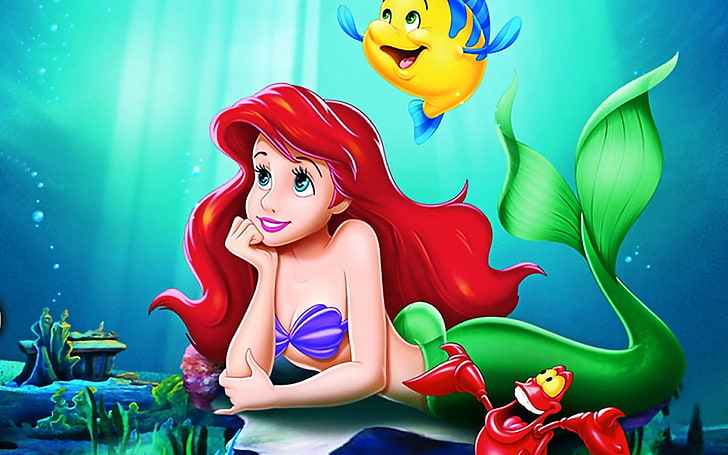The Little Mermaid is a classic fairy tale that has captured the hearts and imaginations of people of all ages for generations. Written by Hans Christian Andersen in 1837, this timeless story has been adapted into numerous books, films, and stage productions, each with their own unique interpretation of the original tale.
The story revolves around a young mermaid named Ariel, who dreams of life on land and falls in love with a human prince. In order to pursue her love, Ariel makes a deal with a sea witch, giving up her beautiful voice in exchange for a chance to walk on land and win the prince’s heart. However, things do not go as planned, and Ariel must make a sacrifice to save the prince and herself.
One of the most enduring themes of The Little Mermaid is the pursuit of true love, and the sacrifices that are often necessary to achieve it. Ariel’s desire to be with the prince is so strong that she is willing to give up her voice, her identity, and even her life to be with him. This illustrates the power of love and the lengths that people will go to in order to find it.
Another important theme is the idea of self-discovery and self-acceptance. Ariel struggles with her identity as a mermaid and her desire to be human, which ultimately leads her to make the deal with the sea witch. However, in the end, she realizes that she cannot deny who she is and must embrace her true self, even if it means sacrificing her love for the prince. This message is particularly relevant today, as people are increasingly encouraged to embrace their unique identities and celebrate diversity.
The Little Mermaid has inspired countless adaptations and reimaginings over the years, including the iconic 1989 animated film produced by Disney. The film has become a cultural phenomenon, spawning
